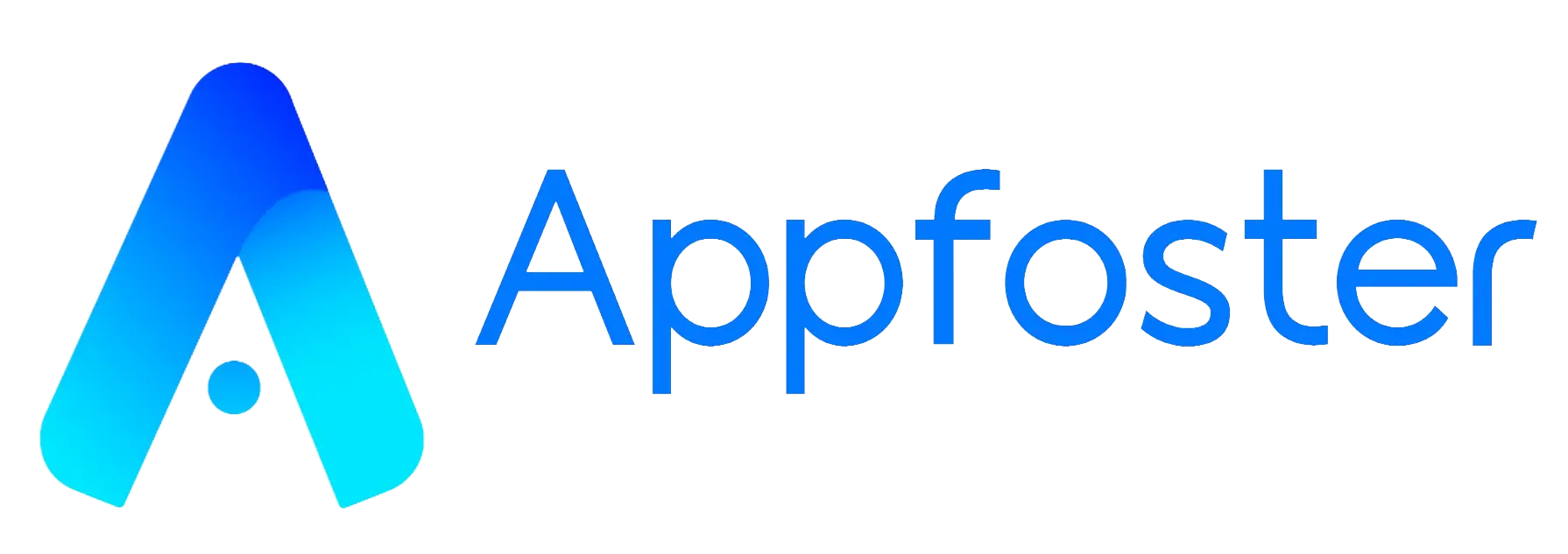5 E-commerce Platforms to Look Out for Your Business Growth

What are E-commerce Platforms?
E-commerce platforms are a combination of content management systems (CMS), and commerce engines, which websites use to manage and showcase product catalogs and sell products through a payment gateway. E-commerce platforms are one of the top choices for businesses of all sorts. Large and small businesses always choose to go for e-commerce platforms rather than making their software from the ground up.
This is mainly because of features like-
1. Cost-effectiveness.
2. Faster time to deployment.
3. Ease of use.
4. Scalability.
5. Features and functionality.
6. Security.
7. Maintenance.
8. Data analytics.
Moreover, the reason you or a business you know should go for e-commerce is that platforms that offer e-commerce software for businesses also offer reliable support as well. Developing a custom e-commerce platform with less expertise can turn into a tedious task when you factor in the cost and effort it takes to maintain it.
Types of Ecommerce Frameworks
There are mainly three types of e-commerce frameworks that developers and businesses can choose from-
SaaS E-commerce Framework
SaaS, which stands for software as a service, enables the developers to host the website or the e-commerce platform being used by a business. There are many pros and cons to using a SaaS e-commerce framework-
Pros-
1. Quicker and seamless updates.
2. Lesser cost of ownership
3. Better security.
Cons-
It is not as open to customization as other frameworks allow.
Open Source E-commerce Framework
Open source e-commerce framework allows clients to use and customize source code according to their interests. This allows for better customizability and personalization, but also has a few cons-
Pros-
1. Unlimited customization possibilities.
2. A large community of open-source developers allows for better solutions online.
Cons-
1. Maintenance of source code e-commerce is lackluster for the most part.
2. You are responsible for maintaining and deploying updates yourself.
3. The total cost of ownership is higher.
Headless E-commerce Framework
Headless e-commerce framework simply refers to e-commerce software that only consists of the backend software. This is great for businesses who want their e-commerce platform to have a splash of the company’s personality. Headless e-commerce frameworks enable businesses to personalize their e-commerce platforms.
Pros-
1. Flexibility to customize the front end.
2. Easier to create a multi-site experience.
3. The front end and back end can be worked on separately.
Cons-
1. The total cost of ownership is very high.
2. You need a good amount of expertise for customization.
Top 5 E-commerce Platforms
Reliable ecommerce systems are one of the biggest benefits of outsourcing. Many development companies offer e-commerce solutions, but most of them need to be up to the mark when it comes to giving quality services. E-commerce shopping platforms are more difficult to build because of the mandatory integration of features like payment gateways, complex security, large databases, etc.
Here are some of the most popular e-commerce platforms worldwide-
Shopify
Shopify offers a ton of basic and advanced e-commerce features at competitive prices. It is a hosted e-commerce platform that offers quick website-building features along with a large range of customization. Shopify offers a ton of security features and compatibility features out of the box. Shopify offers tons of free native tools to help you quickly set up your business, it also offers a set of more advanced tools that are paid.
Features-
1. Powerful API
2. Extensive support
3. Easy-to-use POS
4. Premium themes
5. Analytics
BigCommerce

BigCommerce is another top-of-the-line SaaS platform that offers highly flexible and super powerful APIs along with versatile headless software products with commendable features at a competitive price. It offers core platform components that offer ease of use along with high scalability and reliability.
While BigCommerce does come with a higher learning curve, the fact that it offers round-the-clock global support along with thousands of partners to help you launch and maintain your portal makes up for it.
Features-
1. B2B and B2C integration
2. Analytics
3. Coupons
4. Inventory control
5. CRM
Wix
Wix is another super popular e-commerce platform that is aimed at small businesses. It offers quick and easy setup options along with manageable templates. It has more than 500 templates that offer you the ability to customize and personalize according to your company’s theme.
Features-
1. Mobile site editor
2. Entrance animations
3. Custom fonts
4. Gradients
5. SEO capabilities
Woocommerce
Woocommerce is a distinguished and popular self-hosted open-source e-commerce platform based on WordPress. It offers a veritable collection of e-commerce features that are super useful if you or your business is just starting in the e-commerce space. Woocommerce is open source, which means it’s free and totally in control of the business. You can decide how to customize and manage your e-commerce portal without any boundaries.
There also exists a large community of active Woocommerce developers who can help you manage and learn quickly.
One downside to Woocommerce is that they don’t offer some basic features like single page checkout, cart recovery, discount portals, etc natively, which is a little on the costly side once you factor in the expense for catalog management, payment gateways, marketing, etc.
Features-
1. Easy store setup
2. Secure and flexible payments
3. Easy-to-use dashboard
4. Live shipping rates
5. Extensive support
Magento
Magento (Now Adobe Commerce) is another open-source software platform that offers instantly deployable software. It acts as a Platform as a Service (PaaS), which is based on PHP and is highly scalable and flexible.
It also belongs to the Adobe Experience Cloud, which means it can integrate with Adobe products like analytics. Magento also consists of a large community of developers that offer thorough support. However, Magento is super advanced for small businesses and just as expensive as well. Opening even a basic store with Magento can cost between $20,000 to $45,000. Moreover, since you own your software, you will be responsible for updates and security patches.
Features-
1. Marketing tools
2. Extensive site management
3. Catalog management
4. Order management
5. International support
Wrapping it up
In the day and age of digitalization, commerce-based businesses and companies need to jump on the e-commerce bandwagon for their good. A lot of businesses still are misled or don’t find the correct consultation when it comes to creating their own e-commerce business, which is where Appfoster steps in. Appfoster, along with its skilled team of developers, has an expertise of more than 12 years in the software industry, offering top-of-the-line e-commerce solutions and support for super competitive pricing. Talk with us to learn more about our e-commerce development services.



